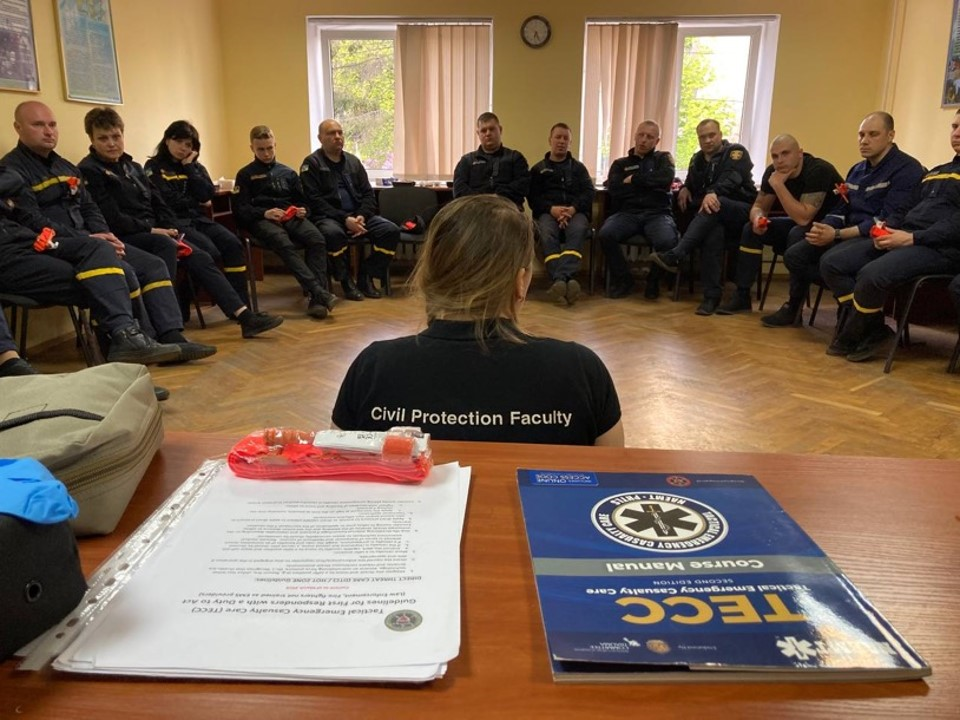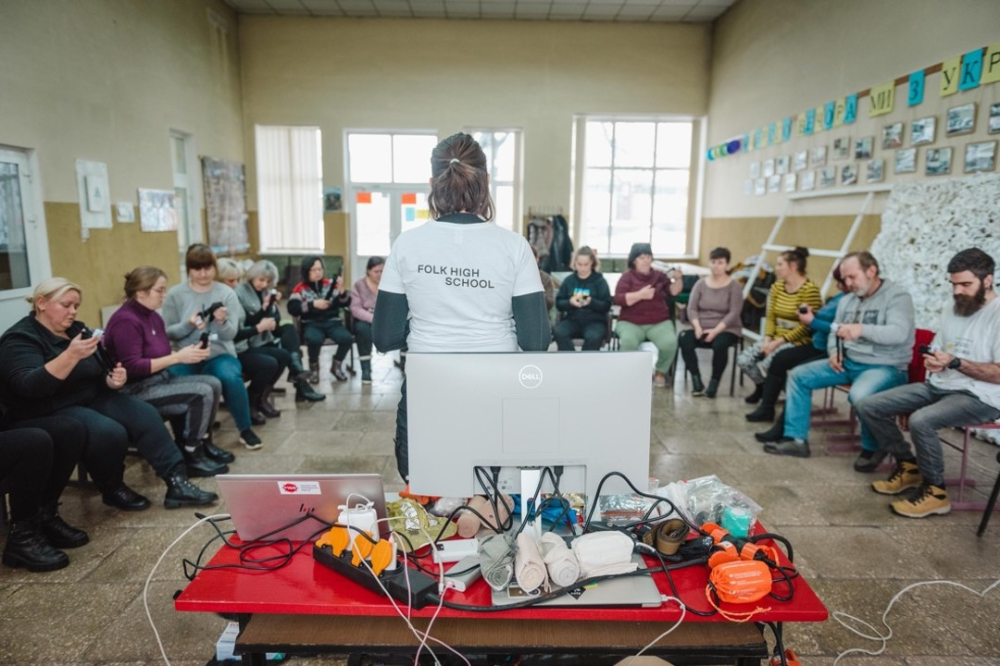PA Education
News
Text: Anders Bergström and Merle Andraschko, Policy Area Education Coordinators
Looking back at the year 2023, we would like to highlight a few outcomes of our work within Policy Area Education.
Co-creation across borders brings the Policy Area and the EU Strategy for the Baltic Sea Region to life. There are four platforms for co-creation, often referred to as flagships, in PA EDUCATION and three more are under construction. One on Economy of Wellbeing of People together with PA HEALTH addressing challenges related to a longer and healthier life promoting a sustainable working life.
This development process is funded by the Swedish Institute. Another emerging flagship is BSR Integrate Now addressing the challenges related to integration of migrants and support to refugees. The third is BSR Social Innovation where the Interreg Baltic Sea Region funded project, “Resist” now is being implemented.
Strengthening research cooperation in the region
Baltic Science Network is a platform for co-creation aiming at strengthening research cooperation and the Baltic Sea Region as a joint research area. In April 2023, the Interreg Öresund-Kattegat-Skagerrak funded project "HALRIC” (Hanseatic Life Science Research Infrastructure Consortium for triple-helix Innovation) kicked off under the leadership of Lund University in Sweden. HALRIC builds upon former activities under the roof of the Baltic Science Network and aims to further strengthen innovation capacities in the Southern Scandinavia-Hamburg area. The Baltic Science Network is furthermore exploring enhanced cooperation in the field of peace and conflict research in the Baltic Sea region and will hold a networking event in Berlin in early 2024 to kick this off.
Building sustainable cooperation with Ukraine
Support to Ukraine is a priority that continued and expanded in 2023. The joint initiative with PA SECURE launched one year ago at the conference “Fostering sustainable cooperation between the Baltic Sea Region and Ukraine” resulted in a successful project application to the Swedish Institute Baltic Sea Neighbourhood Programme. Launched in September 2023, the project “Civil Protection Faculty” now supports a Ukrainian non-formal education centre, the 'Vovchok' folk high school, delivering trainings for rescue workers in emergency medicine and other capacities needed in Ukraine.
So far, about 40 000 first responders have been trained. The Swedish Civil Contingencies Agency (MSB) deliver trainings for the Ukrainian trainers. The aim of this initiative is to set up a long-term support to Ukraine both in strengthening its local democracy using non-formal education with experiences from the Scandinavian countries and to continue learning and exchange on civil protection in both the Baltic Sea Region and in Ukraine.
Cooperation across macro-regional strategies is increasing, and PA EDUCATION is part of it. In cooperation with Ukrainian partners active in the implementation of Priority Area 9 “People and Skills” within the EU Strategy for the Danube Region, we took to Brussels at two occasions during the year to highlight the opportunities macro-regional strategies offer when it comes to tackling challenges related to demographic change and the need for up- and reskilling.
Engaging stakeholders
Cities in the Baltic Sea Region play a major role when it comes to the practical questions of integrating migrants and refugees. During an interactive workshop at the General Conference of the Union of the Baltic Cities (UBC) in Palanga, Lithuania, synergies between UBC members and EUSBSR stakeholders regarding the focus topic of integration of refugees into the countries of our regions were explored. The insights from this workshop will further be incorporated into the ongoing setting up of the new PA EDUCATION flagship BSR Integrate Now.
Another initiative to engage stakeholders was the capacity building workshop held in Warsaw targeting the 16 Polish regions. Regional representatives were gathered to a one-day workshop at the Ministry of Foreign Affairs with discussions on how to make use of the EU Strategy for the Baltic Sea Region with focus on PA EDUCATION, PA CULTURE and PA TOURISM. A lot of interest for competence supply and our flagships could be noticed.
In the outlook towards 2024 we see the Annual Forum to be held in Visby, Sweden on 29 to 31 October gathering some 600 stakeholders. Furthermore, there will be more of stakeholder dialogues, engaging stakeholders in member states.





